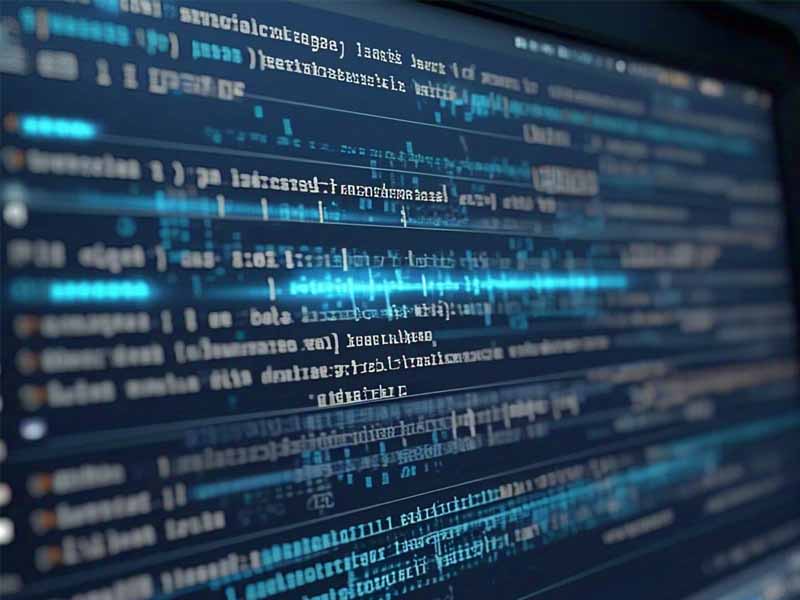
Arcadiadaily – US charges Chinese nationals in connection with a major hacking scheme that allegedly targeted US-based dissidents and sold their personal data to the Chinese government. US prosecutors have named 12 individuals involved in this operation, which was described by US authorities as state-sponsored. The scheme also extended to high-profile targets, including government agencies and an American religious organization. The Justice Department (DOJ) has highlighted the seriousness of these charges, linking them to a broader pattern of cyberattacks carried out by China against individuals, organizations, and governments worldwide.
US charges Chinese nationals for their involvement in a wide-reaching cyber espionage campaign that targeted individuals critical of the Chinese government. Among the accused, two officers from China’s Ministry of Public Security have been named, underlining the government’s role in directing the operation. According to the DOJ, these hackers worked with a private company, i-Soon, which allegedly charged between $10,000 and $75,000 for each exploited email inbox they infiltrated.
These hackers were not only paid for their work. But were also encouraged by Chinese ministries to conduct cyber intrusions, which were often done independently. In total, the data they acquired included sensitive information about dissidents, government officials, and organizations that opposed Chinese policies. The DOJ’s Sue J Bai emphasized that this case highlights the increasing global threat posed by Chinese-backed cyber mercenaries. With a goal to dismantle such networks to protect national security.
“Boosting Vehicle Performance and Lifespan”
The charges reveal the extensive scope of this hacking operation. Which not only targeted US-based dissidents but also several foreign government agencies. The DOJ report mentioned that Chinese hackers targeted the US Treasury Department. With the breach being described as a “major” security failure by the Treasury itself. This intrusion allowed hackers to access employee workstations and some unclassified documents. Adding to a growing list of successful attacks linked to China.
In addition to government bodies, the hackers also went after a US religious organization with ties to China. This organization was reportedly critical of the Chinese government, and its involvement with missionaries sent to China made it a prime target. Furthermore, hackers compromised a Hong Kong newspaper known for opposing the Chinese regime. Although these organizations remain unnamed, their targeting underscores China’s efforts to silence dissenting voices globally.
China has yet to directly respond to these specific allegations, although it has consistently denied similar accusations in the past. The Chinese government has repeatedly stated that it “consistently opposes all forms of hacking” and has branded earlier accusations of cyber intrusions as baseless. In December, following the breach of US Treasury systems, China dismissed the allegations, calling them unfounded.
However, this is not the first time China has faced allegations of cyber espionage. Last year, Chinese hackers breached two major US presidential campaigns. In addition, cyberattacks attributed to Chinese operatives have targeted government bodies in the UK, New Zealand, and other nations. These hacking campaigns suggest a pattern of Chinese involvement in undermining international security through cyber espionage.
The US charges against these Chinese hackers mark a significant escalation in the ongoing battle against state-sponsored cybercrime. As US authorities continue to expose the extent of Chinese-backed cyber operations. The international community must strengthen its cybersecurity measures and hold offenders accountable. While China denies any involvement, the growing body of evidence points to an organized effort to target dissidents, government institutions, and organizations critical of its policies. The global ramifications of these actions remain to be seen. But one thing is clear: cyber warfare is a major tool in the geopolitical landscape of the 21st century.
“Shifting Gears: From Fiction to Non-Fiction”